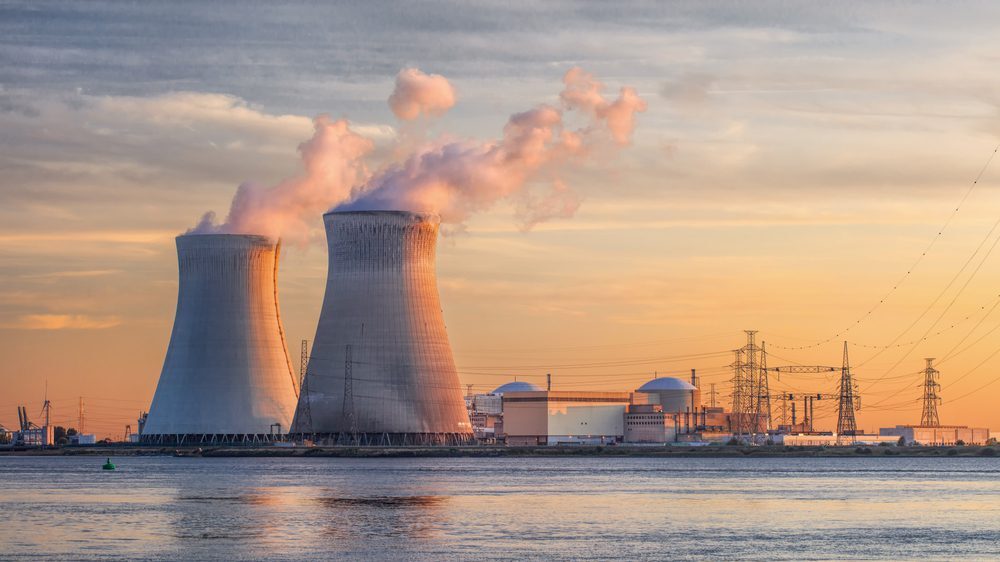
Eleven EU member states earlier this week affirmed their commitment to strengthen cooperation in the field of nuclear energy in an informal meeting with the Council of Energy Ministers in Stockholm, Sweden.
Energy ministers from France, the Netherlands, Hungary, Finland, Poland, Slovenia, Croatia, the Czech Republic, Romania, Slovakia, and Bulgaria met with the Commission and the Swedish Presidency on Tuesday, February 28th, and committed to “intensified cooperation” between national nuclear sectors to ensure supply chains, promote new joint training programs, and foster new industrial projects, BFMTV reports.
“Nuclear energy is one of many tools to achieve our climate goals, to generate base load electricity and to ensure the security of supply,” the 11 participating countries said in a joint statement signed on the sidelines of Tuesday’s meeting in Sweden, which presently holds the EU’s six-month rotating presidency.
The initiative, spearheaded by France, seeks to harness the atom to make Europe less dependent on fossil fuels. Among other things, the nuclear energy alliance aims to “strengthen industrial cooperation in the development of European nuclear capabilities;” explore “joint industrial projects” for new technologies like small reactors; promote research and innovation; and help to establish “uniform safety standards in line with international best practice.”
French Energy Transition Minister Agnes Pannier-Runacher, who organized the meeting, said France aimed to “create a nuclear alliance,” and that alliance’s main objective was to “structure cooperation across the entire nuclear value chain” and provide Europe with “all the tools to achieve carbon neutrality by 2050.”
Speaking to reporters after the meeting, Pannier-Runacher said, “it was a very good discussion which helped to highlight common issues. These questions are those of innovation and new PRM reactors, the question of skills, the authorization of new installations.”
Sweden—although it did not sign the joint declaration—participated in the meeting and expressed interest in joining the group. Ultimately, Stockholm opted to remain neutral on the divisive issue. Italy has also previously expressed an interest in wanting to join the alliance. Pannier-Runacher says the group remains open to new members.
The alliance and its aims have been criticized by EU members Germany, Luxembourg, Austria, and Spain, all of whom are staunchly opposed to the expansion of nuclear energy on the continent.
Luxembourg’s Energy Minister Claude Turmes claimed those advocating for nuclear power are “more about ideology than practicality,” and argued that fifteen years would be needed for new nuclear power plants to become operational.
“However, if we want to win the race against climate change, then we have to be quick,” he added, claiming that the cost of electricity created by nuclear power plants is two or three times higher than wind or solar energy.
